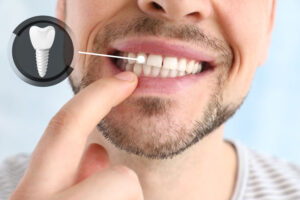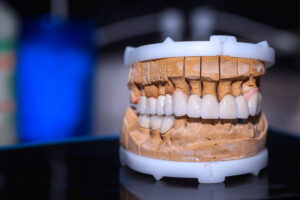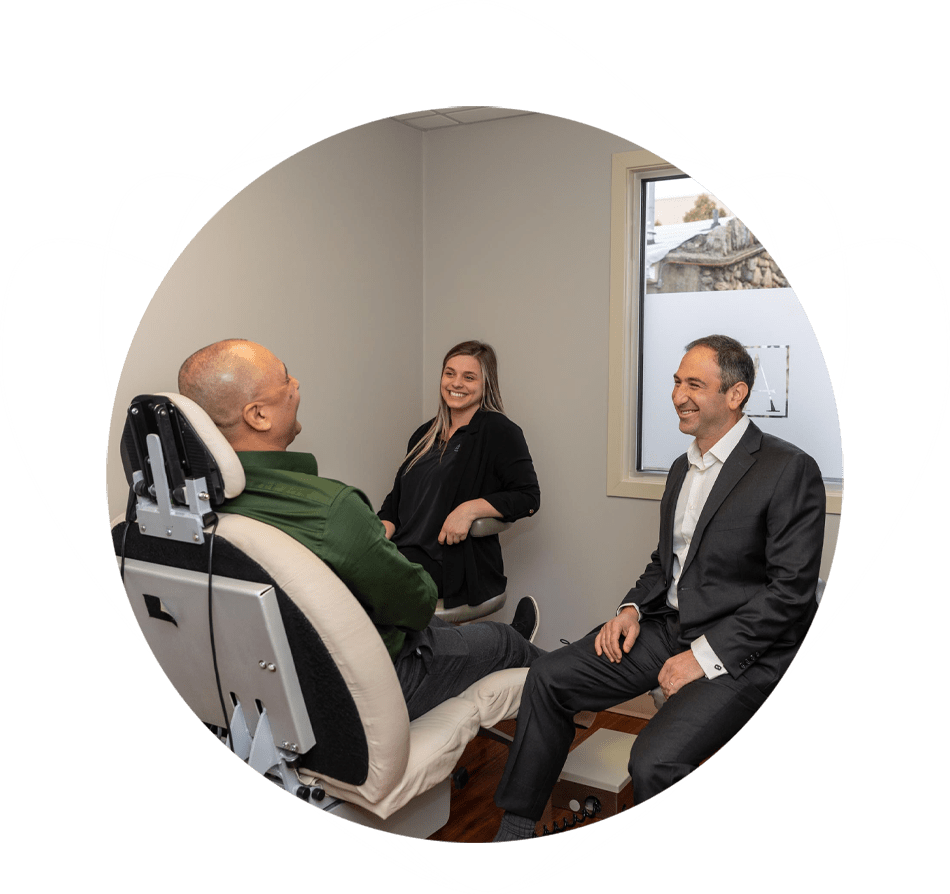When people have Temporomandibular joint disorders (TMJ), or any other dental problem, like tooth decay, then it can disrupt their life in many ways. But how can people distinguish pain caused by TMJ disorder in Mohegan Lake, NY with any other dental problem? And if it is TMJ disorder, what are the first steps to fixing it? Luckily, at a skilled and trusted doctor’s practice, the pain caused from TMJ disorder can be distinguished from other dental problems.
Interested in learning how exactly the pain caused by TMJ disorder is distinguishable from other dental problem? Continue reading to learn how the pain caused by TMJ disorder is distinguishable from other dental problems.
Can I Distinguish The Pain Caused By TMJ Disorder With Other Dental Problems Through My Symptoms?
Unfortunately, it can be difficult to differentiate feelings in the mouth. It’s a relatively small area, and people typically can’t see the root of the problem just by looking in the mirror. This difficulty is amplified by the fact that tooth decay, which sometimes needs root canal therapy, oftentimes exhibits the same pain and similar symptoms as TMJ disorder in Mohegan Lake, NY. So, how do people distinguish the two?
While the only way to tell for sure is by going to a quality doctor’s office, who can expertly diagnose and treat the condition, there are a few ways to tell the difference. When people are able to tell the difference between the symptoms of TMJ disorder versus other dental problems, then they will be better able to treat the problem.
Know Your Habits
Perhaps the best way for people to know whether their pain is caused by TMJ disorder or by some other dental problem, is for them to think about their habits. Some people with TMJ disorder are frequent tooth grinders or often slouch, exhibiting a forward-head posture. Other people with TMJ disorder take great care of their teeth by flossing once daily and brushing two times a day.
Think About The Symptoms
Yes, TMJ disorder and other tooth problems, like tooth decay, do share a few symptoms together. However, there are a few tell-tale symptoms of each condition.
When people are experiencing tinnitus, frequent headaches, muscle weakness in their jaw, their jaw popping and clicking, irregular jaw motion, or have lockjaw, then they most likely have TMJ disorder. TMJ disorder pain is also associated with pain in the temporomandibular joint, which is close to the ear.
On the other hand, pain caused by tooth decay is more fixed around the affected tooth or teeth. Tooth decay can also cause the tooth to be sensitive to heat or cold. If drinking ice water or hot coffee is painful, then that person is likely to have dental caries or decay. People may also notice that their tooth is darker when they have tooth decay.
What Technology Will Be Used To Treat TMJ Disorder In Mohegan Lake, NY?
The J5 TENS Unit is a non-invasive treatment at a state-of-the-art doctor’s office that uses electrical stimulation to relax jaw muscles and alleviate TMJ-related pain. By promoting muscle relaxation, it helps relieve tension and discomfort associated with TMJ disorder.
The doctor will also use the K7 Evaluation System aids in diagnosing and treating TMJ disorder, by assessing jaw movements, muscle activity, and occlusal forces. This comprehensive system enables the doctor to tailor treatment plans for individual patients, based on precise data.
Finally, Tekscan® T-Scan is a digital occlusal analysis system that provides real-time information on a patient’s bite force distribution. This aids in identifying imbalances in the bite, allowing for targeted adjustments to alleviate TMJ symptoms.
What Procedures Treat TMJ Disorder Symptoms?
Orthodontic treatments, such as braces or clear aligners, can correct misalignments that contribute to TMJ disorder symptoms. By achieving proper tooth alignment, orthodontic procedures help alleviate patient’s jaw pain and improve their overall oral function.
Non-invasive treatments for bite repositioning, such as splints or oral appliances, can be effective in treating TMJ disorder symptoms. These procedures help reposition the patient’s jaw, reducing strain and promoting a more comfortable bite for them.
Restorative dentistry procedures, including tooth crowns or dental bridges, can address structural issues that contribute to TMJ disorder symptoms. These procedures aim to restore the integrity of the patient’s teeth and supporting oral structures.
Occlusal adjustments involve the doctor making precise modifications to the patient’s bite surface, so they can achieve better tooth alignment. This can alleviate TMJ disorder symptoms by reducing uneven pressure on the jaw joints.
How Are Tooth Decay Symptoms Treated?
When people have cavities (tooth decay) that compromise their tooth structure, they will typically be able to get it treated with a tooth crown. Tooth crowns provide protection to a person’s decaying tooth, restoring its functionality, enhancing its appearance, and giving it long-term health.
In cases of advanced tooth decay reaching the pulp, a root canal procedure may be necessary. This involves the doctor removing the infected pulp, disinfecting the tooth, and sealing it to prevent it from decaying further. Root canals preserve the patient’s natural tooth and alleviates their pain.
See Us Now So We Can Determine Whether Or Not You Have TMJ Disorder
No pain in the mouth is normal. If you’re experiencing tooth sensitivity, frequent headaches or pain in the jaw, it’s time to come to our patient focused dental office. We can diagnose and treat your TMJ disorder with accuracy and predictability.
We have multiple TMJ treatment options that will fit with your lifestyle and get you back to living your life normally. Whether that TMJ treatment plan includes changing up your daily routine to be more mindful of your oral health, administering TENS therapy, orthodontics, or something more, we can get you feeling well again.
Why wait to get the smile of your dreams with us? Get in contact with our doctors, Dr. George Sepiashvili, and our exceptional team at our dental office to schedule an appointment today!
